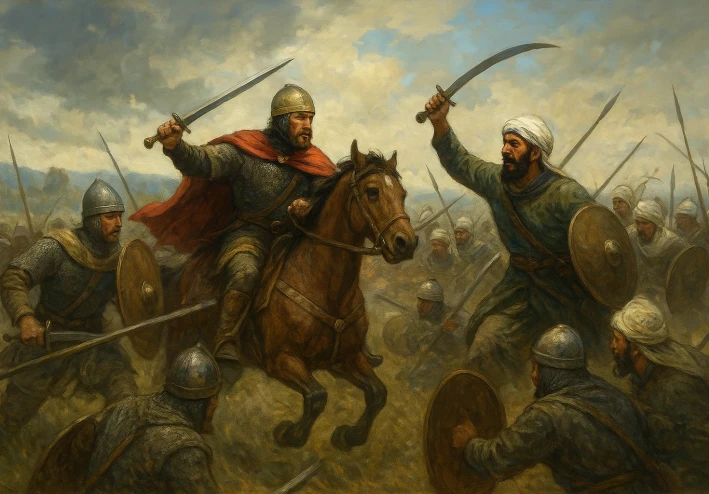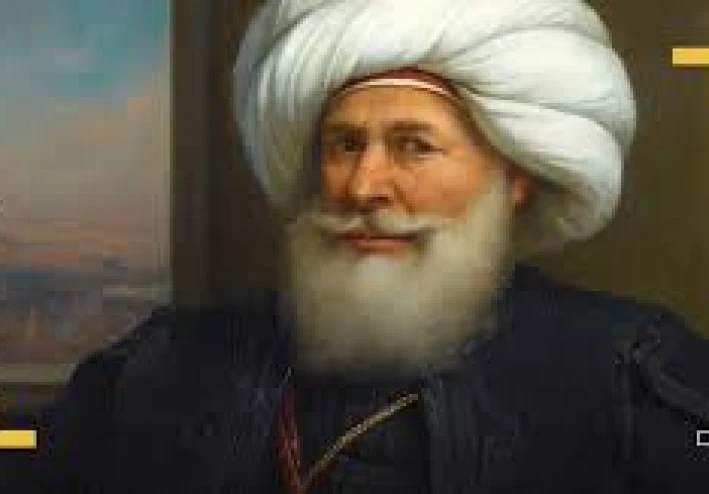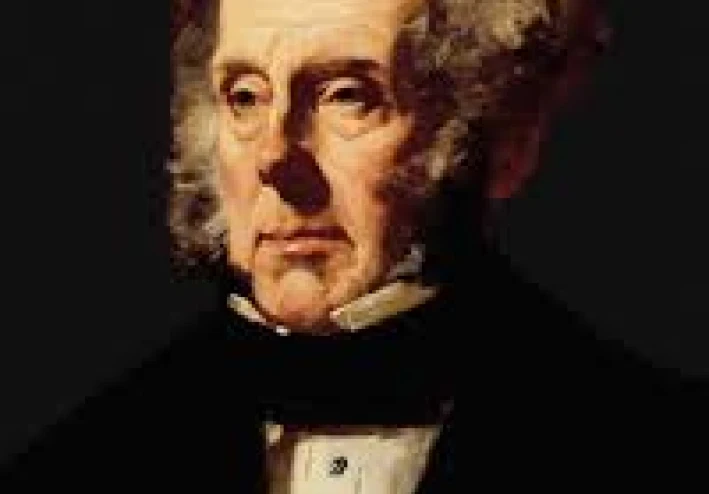The Battle of Tours: A Turning Point in European History
In the early 8th century, Europe was at a crossroads. The Umayyad Caliphate, which stretched from the Middle East to North Africa and into the Iberian Peninsula, sought to expand further into the heart of Europe. Their armies, seasoned by years of conquest, crossed the Pyrenees and swept into modern-day France. Their advance threatened not just territory but the very future of Western Europe. At the center of resistance stood Charles Martel, the Frankish leader known as “The Hammer.”
Charles recognized the gravity of the situation. If the Umayyad forces succeeded, all of Europe might come under their influence. He quickly rallied his men, drawing together not only professional soldiers but also local militias. Though his army was smaller than the invading force, it was disciplined and motivated. Charles chose his battleground carefully: near the city of Tours in 732, where the landscape would favor his heavy infantry over the swift cavalry of his opponents.

The Umayyad forces, led by Abdul Rahman al-Ghafiqi, advanced with confidence. They had enjoyed success in earlier campaigns and believed their cavalry would overwhelm the Franks. Yet, as they charged forward, they met a wall of Frankish infantry standing firm in tight formation. The dense ranks, equipped with shields and spears, absorbed the cavalry’s momentum and resisted repeated assaults.
For several days, the two armies clashed in brutal skirmishes. The Frankish lines held, but the tension grew as both sides awaited a decisive moment. Then, fortune shifted. Reports spread through the Muslim camp that Frankish raiders were attacking their spoils of war. Many warriors left the battlefield to protect their wealth, weakening their advance. Sensing the enemy’s disorder, Charles ordered a counterattack. His soldiers surged forward, breaking the Umayyad ranks. In the chaos, Abdul Rahman was struck down, and his army began to retreat.
The victory at Tours was monumental. While the Umayyad Caliphate remained powerful, their ambitions to expand deeper into Europe were halted. Historians later viewed the battle as a defining moment that preserved Western Christendom from being absorbed into the Islamic empire of the time. Charles Martel’s triumph not only secured his people’s safety but also cemented his reputation as one of the greatest military leaders of his era.
Beyond the battlefield, the consequences were far-reaching. The Frankish realm grew stronger under Charles’s leadership, setting the foundation for the Carolingian Empire that his grandson, Charlemagne, would later establish. This empire would become a central force in shaping medieval Europe, influencing culture, religion, and governance for centuries.
The Battle of Tours was not just about military might; it was a clash of civilizations, ideals, and destinies. The outcome determined the cultural and religious trajectory of Europe. It ensured that while the Islamic world thrived in the east and south, Western Europe developed its own path, eventually leading to the Renaissance and modern era.
Though nearly 1,300 years have passed, the memory of Tours endures as a reminder of how a single battle can alter the fate of nations and the course of history. Charles Martel’s resolve and strategic brilliance exemplify how leadership and preparation can turn the tide even against overwhelming odds.





































